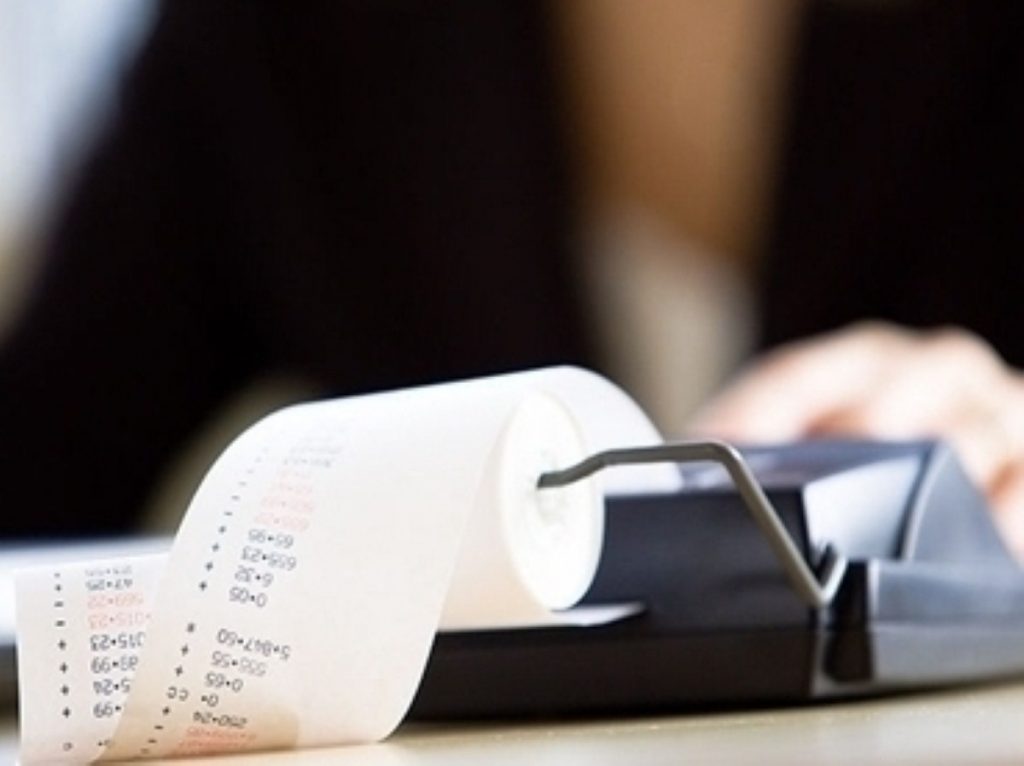MPs take the fight to Ipsa as expenses go public
By Ian Dunt
MPs lined up to attack the new expenses watchdog today, as figures for claims made after the election were published.
The figures revealed that MPs had spent £3.1 million between May and August this year.
The quarterly figures were released by the Independent Parliamentary Standards Authority (Ipsa), the watchdog set up in the wake of the expenses scandal. The body came in for criticism today during a parliamentary debate demanding reform of the new expenses system.
Tory MP Adam Afriyie, who led the debate, said: “We’ve handed over control of MPs to an unelected, unaccountable body. Ipsa is both judge and jury. Ipsa is accountable to nobody and yet it can control the way MPs work and the way they conduct their duties.


“We would never tolerate this type of set up in any other walk of life. We must ask ourselves is it right that the current system continues to frustrate the work of elected representatives.”
He added: “I’m sure this will be reported as MPs whinging. That’s not what this is about. What this debate is about is saving the taxpayer money.”
MP after MP attacked Ipsa as overly-expensive, overly-time consuming and overly-bureaucratic.
“There would be many more MPs here today if they were not fearful of the press,” Labour MP Ann Clwyd said.
Click here to look up your MP’s expenses claims
Ipsa’s figures released today showed that David Cameron spent £2,408.75 in the two-and-a-half months following the election, almost all of which was for research, although there were some minor claims for stationery.
Labour leader Ed Miliband claimed £2,066.
Chancellor George Osborne spent £145.70 on headed paper, £96.08 on a printer cartridge and £25 on local papers.
The highest claiming MP was Conservative Keith Simpson, who received £20,752, predominantly for travel costs between Westminster and his constituency in Norfolk.
The lowest claiming MP was perennial Labour backbenchers and left-wing firebrand Jeremy Corbyn, who received just £8.70 over the three and a half month period.
Some MPs, including deputy prime minister Nick Clegg, did not claim at all.
A short description of what the claim was for was included in today’s publication, but receipts were not – much to the annoyance of transparency campaigners.
Peter Facey, director of Unlock Democracy, who is preparing for a meeting with Ipsa to discuss the lack of receipts tonight, commented: “We currently have a surreal situation which threatens to be the worst of both worlds by angering both MPs and the public alike.
“The majority of MPs and their staff are hardworking individuals and are entitled to fair remuneration. The recommendation to publish receipts was designed to rebuild public confidence and remove any lingering suspicions the public may have about our public servants.”
Ipsa argued that the cost of publishing the receipts – estimated to be at around £1 million – was not worth the cost to taxpayers.
The debate this afternoon reflects an extraordinary anger over the alleged impracticalities of the new system, with the subject of Ipsa’s failings never far from the conversations of MPs.
The watchdog “oversees an expenses system that was conceived in panic, legislated for in haste and has become defined by failure”, Labour MP Tom Harris wrote in the Telegraph.
“Very few conversations in the Members’ Tearoom at the Commons last very long before the latest complaint materialises about Ipsa, and its baffling, counter-intuitive and hugely expensive system.
“It is symptomatic of the body’s fundamental flaw: a complete inability (and refusal) to understand what an MP’s job entails.”
Ipsa is conducting an annual review of its rules, and has already made some allowances to cater for MPs’ concerns, including a change allowing direct payment for rent.
The new figures and parliamentary debate come a day after it emerged that MPs had £116,359 worth of claims rejected.
A list obtained by the Times found that 1,574 claims had been rejected by the expenses watchdog, either due to duplication, insufficient documentary evidence or breaking the rules.
A £338 shredder was rejected, as was a claim of £1,057 for advertising costs and £1,085 for “contingencies”.
Claims for first class travel, which is now only allowed if the alternatives are more expensive, were also rejected.









